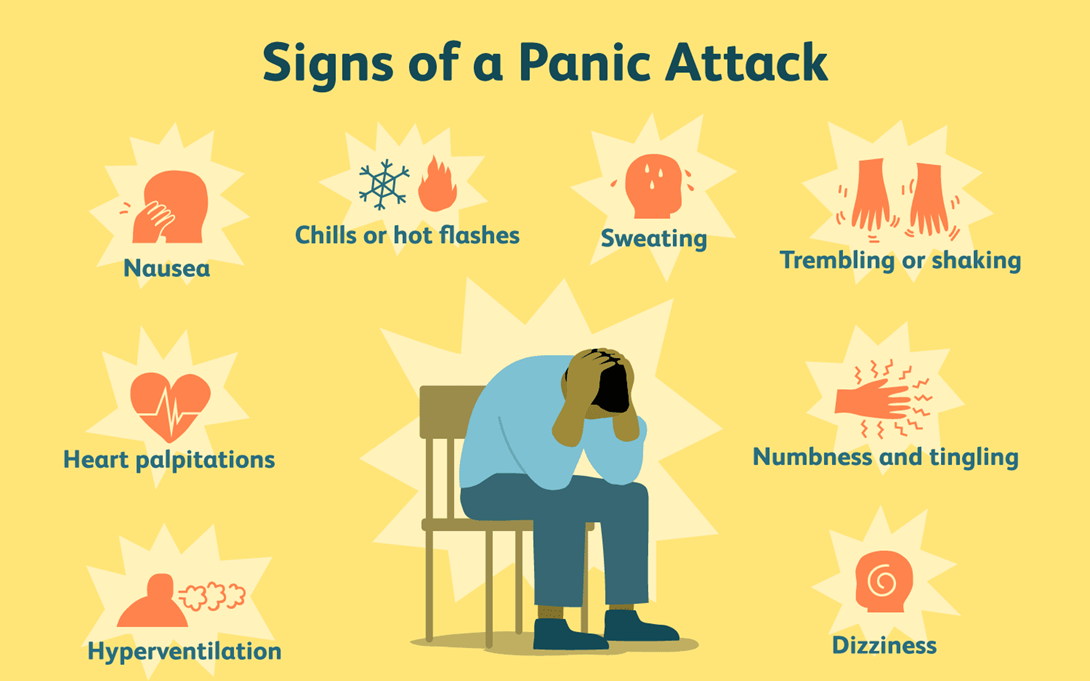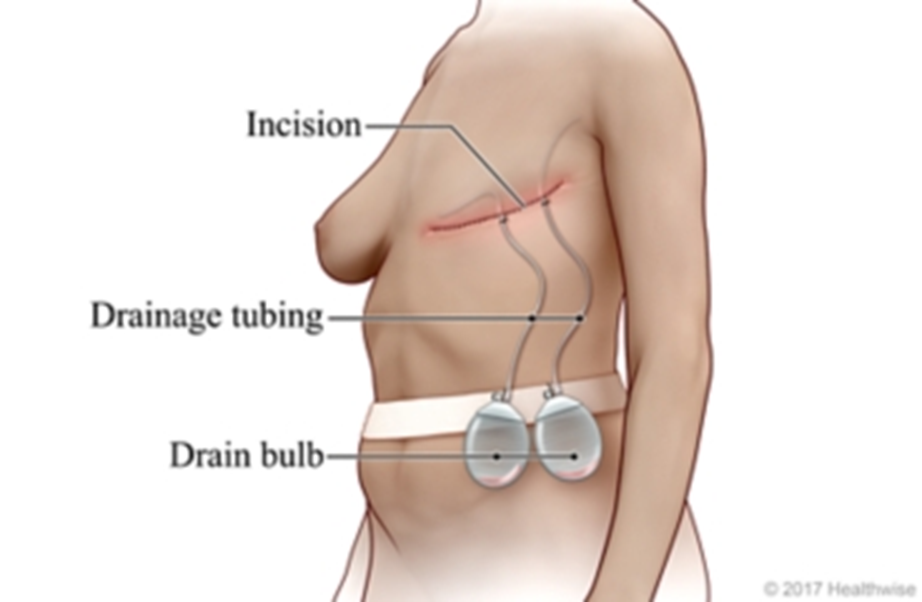Which clinical finding will the nurse anticipate for a patient experiencing a panic attack?
Cool, dry skin.
Chest pain.
Pallor.
Bradycardia.
The Correct Answer is B
Choice A reason: Cool, dry skin is not typically associated with a panic attack, which often involves symptoms like sweating due to the fight-or-flight response.
Choice B reason: Chest pain is a common symptom of panic attacks, often leading individuals to believe they are having a heart attack.

Choice C reason: Pallor, or paleness, may occur during a panic attack, but it is not as common as other symptoms like chest pain.
Choice D reason: Bradycardia, or slow heart rate, is not characteristic of a panic attack; tachycardia, or fast heart rate, is more common.
Nursing Test Bank
Naxlex Comprehensive Predictor Exams
Related Questions
Correct Answer is D
Explanation
Choice A reason: It is not recommended for clients to take morning vitamins before surgery due to the risk of aspiration and interference with anesthesia.
Choice B reason: Clients are typically instructed to remove all jewelry, including tongue studs, to prevent complications during surgery.
Choice C reason: Clients are generally required to fast before surgery, which includes not consuming clear liquids, to reduce the risk of aspiration.
Choice D reason: Allowing the client to keep her hearing aids in is important for communication and to reduce anxiety due to hearing impairment.

Correct Answer is D
Explanation
Choice A reason: OCD is not characterized by an unconscious need to manipulate others but by anxiety-driven compulsions.
Choice B reason: While clients with OCD may feel a need to clean due to contamination fears, it is not a delusion but rather an obsession that drives the compulsion.
Choice C reason: The repetitive cleaning is not typically a conscious choice to decrease social interaction but a compulsion to alleviate anxiety.
Choice D reason: Repetitive behaviors in OCD, such as cleaning, are attempts to decrease the anxiety caused by obsessive thoughts.
Whether you are a student looking to ace your exams or a practicing nurse seeking to enhance your expertise , our nursing education contents will empower you with the confidence and competence to make a difference in the lives of patients and become a respected leader in the healthcare field.
Visit Naxlex, invest in your future and unlock endless possibilities with our unparalleled nursing education contents today
Report Wrong Answer on the Current Question
Do you disagree with the answer? If yes, what is your expected answer? Explain.
Kindly be descriptive with the issue you are facing.
